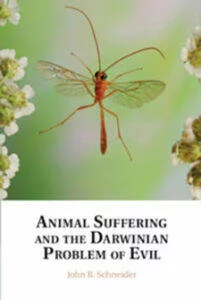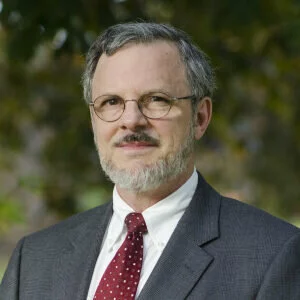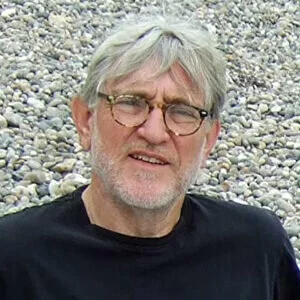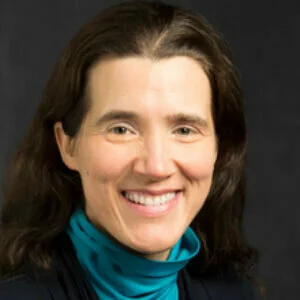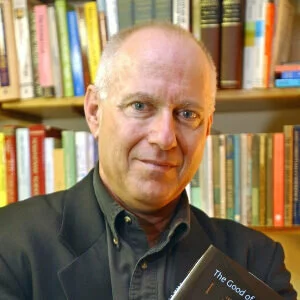evolution
Animal Suffering and the Darwinian Problem of Evil
April, 2021
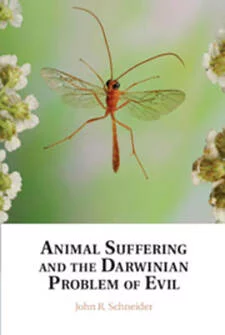
This symposium mines the depths of the age old problem of evil. However, this time it takes a slightly different perspective: Why do animals suffer? How do we square animal suffering with the science of evolution and the truths of Scripture? This six-part series digs deeper into these questions.
